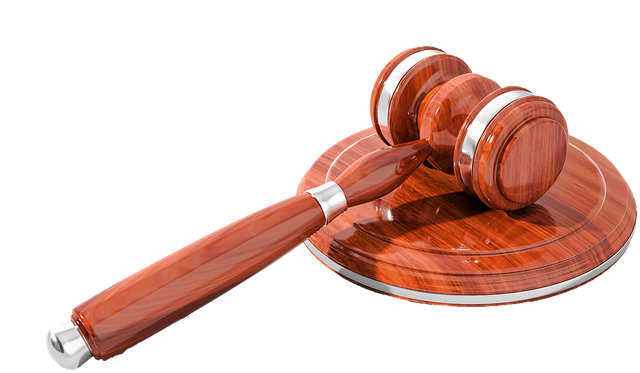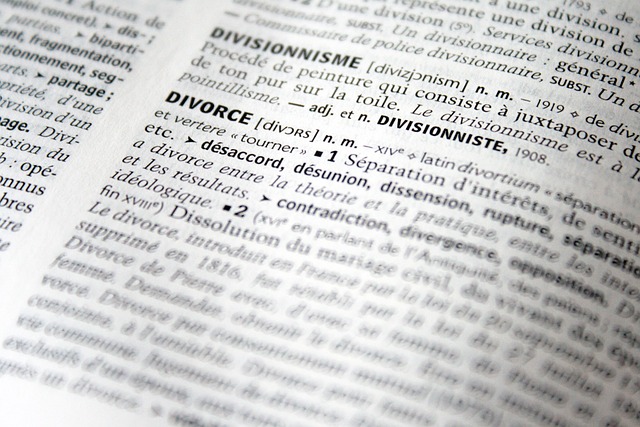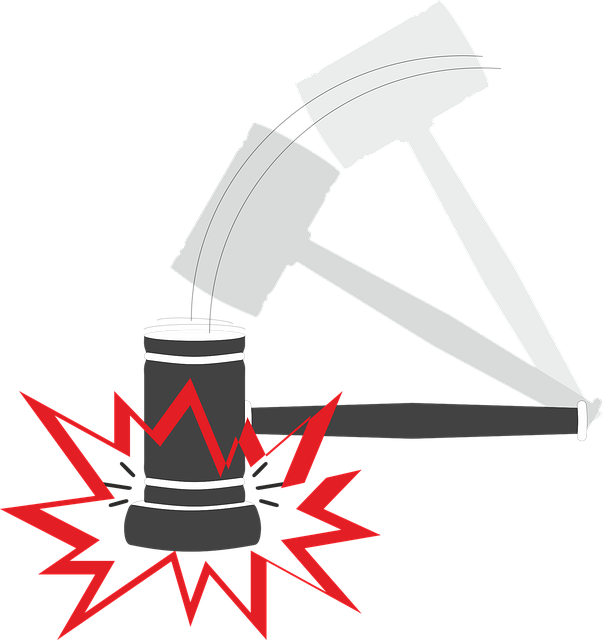Understanding Healthcare Regulatory Litigation Process is crucial for navigating environmental crime trials focusing on pollution, deforestation, and waste disposal. A collaborative network of government agencies, NGOs, legal aid groups, and white-collar defense lawyers ensures justice. Sophisticated evidence collection methods, including advanced technologies, demand meticulous attention. Notable trials highlight the global importance of holding violators accountable, with successful outcomes leading to stricter compliance. Variations in legal frameworks across jurisdictions impact prosecution success rates, emphasizing the need for international collaboration to harmonize environmental protection standards.
Environmental Crime Trials: Unraveling the Complex Web of Ecological Justice
In an era where environmental degradation poses unprecedented threats, understanding the intricacies of environmental crime trials is paramount. This article delves into the defining legal framework governing these specialized proceedings, exploring key player roles in prosecution and evidence collection methodologies. Through examining notable case studies globally, we uncover the landscape of enforcement and prevention strategies. Discover how these trials navigate complex challenges, shaping our understanding of the healthcare regulatory litigation process and its vital role in safeguarding our planet.
- Defining Environmental Crime Trials: Legal Framework
- Key Players and Their Roles in Prosecution
- Evidence Collection: Challenges and Methods
- Case Studies: Notable Environmental Litigation
- Global Perspectives on Enforcement and Prevention
Defining Environmental Crime Trials: Legal Framework

Environmental Crime Trials, also known as Healthcare Regulatory Litigation Process, involve legal actions taken against individuals or organizations that violate environmental laws and regulations. This includes pollution, deforestation, illegal waste disposal, and other harmful practices that negatively impact ecosystems and human health. Understanding these trials is crucial in navigating all stages of the investigative and enforcement process.
The legal framework for Environmental Crime Trials is typically robust, with strict penalties designed to deter future offenses. Prosecutors must prove beyond a reasonable doubt that a defendant has committed an environmental crime, using scientific evidence and expert testimony to construct a compelling case. Winning challenging defense verdicts in these trials requires a thorough understanding of the applicable laws and regulations, as well as strategic legal arguments. Moreover, organizations can avoid indictment by adhering strictly to environmental guidelines, implementing robust compliance programs, and fostering a culture of sustainability and accountability.
Key Players and Their Roles in Prosecution

In environmental crime trials, understanding the healthcare regulatory litigation process is crucial for effective prosecution. Key players such as government agencies, environmental advocates, and lawyers play pivotal roles in navigating this complex landscape. Government agencies like the Environmental Protection Agency (EPA) are responsible for enforcing environmental regulations and investigating violations. They gather evidence, conduct inspections, and refer cases to prosecutors when violations are found.
Environmental advocates, including non-governmental organizations (NGOs) and legal aid groups, support prosecution by providing expert testimony, conducting independent investigations, and raising public awareness. These advocates help expose illegal activities and offer crucial insights into the impact of environmental crimes on ecosystems and communities. Meanwhile, white collar defense lawyers, specializing in complex criminal cases, represent accused individuals or corporations, ensuring they receive fair trials and challenging evidence presented by prosecution. This intricate interplay ensures that justice is served in cases involving white collar and economic crimes, with jury trials acting as a critical check on accountability.
Evidence Collection: Challenges and Methods

Evidence collection plays a pivotal role in Environmental Crime Trials, offering insights into wrongdoing and holding perpetrators accountable. However, this process presents unique challenges due to the often complex and far-reaching nature of environmental crimes. From contaminated soil samples to intricate financial records, investigators must employ sophisticated methods to gather reliable evidence that stands up in court.
Across the country, all stages of the investigative and enforcement process demand meticulous attention to detail. This includes the use of advanced technologies like drones for aerial surveillance and digital forensics to uncover hidden data. Lawyers specializing in understanding healthcare regulatory litigation processes can significantly aid clients by providing strategic guidance throughout these challenging phases. By leveraging expert witnesses and rigorous analysis, defense teams can ensure their clients receive fair treatment while navigating the intricate web of evidence collection and presentation.
Case Studies: Notable Environmental Litigation

In recent years, notable environmental crime trials have illuminated the growing importance of understanding healthcare regulatory litigation processes on a global scale. These cases serve as powerful examples of how legal systems are evolving to hold accountable those who violate environmental laws and regulations. One such case involves multinational corporations accused of toxic waste disposal, leading to extensive community health issues. Through meticulous legal strategies and evidence gathering, the prosecution secured a partial victory, resulting in significant fines and stricter compliance measures.
Another compelling example is the litigation against companies involved in deforestation and habitat destruction. By leveraging scientific data and expert witness testimony, environmental activists have successfully pursued charges, even in the face of powerful corporate interests. These victories not only demonstrate the effectiveness of the regulatory process but also underscore the role of the philanthropic and political communities in supporting such efforts. Unlike white-collar and economic crimes that often lead to complete dismissal of all charges due to complex legal loopholes, environmental crime trials are showing greater success in securing justice, ensuring accountability for past and future transgressions.
Global Perspectives on Enforcement and Prevention

Environmental crime trials are a global concern, with each country adopting its approach to enforcement and prevention. The understanding of healthcare regulatory litigation processes varies across jurisdictions, leading to differing levels of success in prosecuting environmental offenders. In some regions, robust legal frameworks and an unprecedented track record of jury trials have resulted in winning challenging defense verdicts, demonstrating the effectiveness of strict environmental laws. These successful cases set precedents that strengthen global efforts to combat environmental crimes.
International collaboration is crucial in harmonizing environmental protection standards and sharing best practices. By learning from one another’s experiences, countries can enhance their enforcement capabilities and develop innovative strategies to prevent ecological damage. This collective approach ensures that environmental crime does not go unpunished, fostering a sense of global accountability for preserving our planet’s health and well-being.
Environmental crime trials play a pivotal role in holding perpetrators accountable for ecological damage, with each successful prosecution contributing to a deeper understanding of healthcare regulatory litigation processes. By examining key legal frameworks, player roles, evidence collection methods, and global perspectives, we gain valuable insights into navigating complex environmental cases. Through case studies of notable litigations, we see the evolving nature of environmental law and its impact on prevention efforts worldwide. This knowledge is essential for advancing sustainable practices and ensuring justice for our planet’s health.






